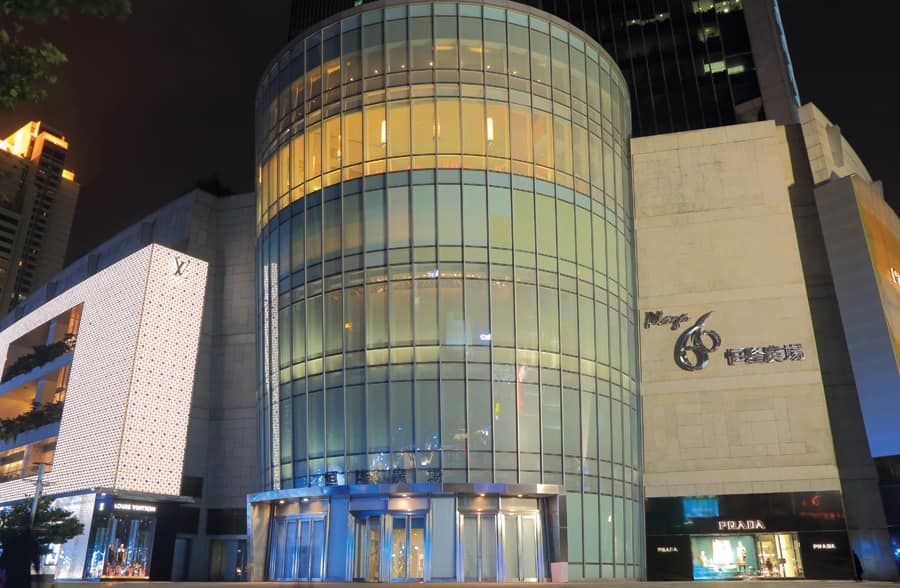Text: Sunanda Jayaseelan
There is a popular saying that while New York may be the city that never sleeps, Shanghai doesn’t even sit. And if you visit modern-day Shanghai, you could quite easily see why that’s true. A shining example of China’s economic might, the city is one of the country’s best-performing economies with its gross domestic product (GDP) growing by 6.8% last year.
And city authorities are sparing no effort to ensure that Shanghai’s growth continues. The government has announced a series of measures to boost innovation and upgrade its manufacturing base. There is also a strong focus on technology with the city looking at setting up advanced industries such as integrated circuits, IoT-based applications and devices, aircraft manufacturing and even biopharmaceutical solutions.
Chen Mingbo, director of the Shanghai Commission of Economy and Information Technology, was recently quoted as saying that “Shanghai needs manufacturing and industrial enterprises, and we are making them innovation-driven, high value- added ones.”
Refurbishing buildings to meet demand

This and other announcements have seen investment in the city soar as corporates set up shop and expand their businesses. Demand for commercial office space has gone through the roof, with international property consultancy Jones Lang LaSalle (JLL) expecting the city’s Grade-A office space to hit 11 million square meters by 2020.
Shanghai is meeting this growing demand by refurbishing old buildings, and China Plaza 66 is an example of this. Located in the Jing’an District, a prominent commercial area, the China Plaza 66 hosts numerous Fortune 500 companies and has been setting trends from the time it was built in 2001.
However, time has taken its toll and the property has faced stiff competition from newer, more modern office buildings that have been coming up. Which is why its developers decided to upgrade the building. They focused on modernizing the elevator system to reduce operational costs and improve people flow – a feat made all the more challenging by the fact that this was a fully operational building.
“Renovating an office building is not difficult for us if the building is not in operation,” explains David Ho, senior manager of project construction at China Plaza 66. “The challenge lies in renovating the building while all the tenants continue their business as usual and there’s no more space to add new equipment.”
With our innovative technologies, deep-rooted expertise and global experience, we were uniquely positioned to turn this challenge into an opportunity. The team started by surveying the existing equipment and gathering mechanical and electrical information on them. Then, we applied a design aesthetics-based solution to this problem, giving the buildings a contemporary look-and-feel while enhancing user experience.
Ensuring minimum disturbance
“All this, including the subsequent construction work, was done at night, so as to not disturb the tenants,” emphasizes Lu Tian, project manager, KONE. “Our solution was designed to shorten the construction period and fit perfectly with the existing design aesthetics of the property.”
While this kept disturbance to tenants and users to a minimum, we also used our innovative products to address other challenges, namely increasing energy efficiency and improving people flow. For instance, our ReGenerate800 solution provided greater reliability and safety as compared with the older elevators, while recovering up to 30% of the energy consumed. Additionally, our Destination Control systems were installed, shortening waiting times, reducing the number of intermediate stops, and increasing handling capacity.
Throughout the process, we worked closely with the property owners, using numerous models and prototypes, to ensure the solutions that had been provided worked seamlessly with existing facilities. And the results are clear to see.
“The people flow was acceptable during modernization, as both old and new elevators were easy to access,” says Ho. “The passengers feel that the new elevators are quicker than before, as the whole process has become more efficient.”
China Plaza 66’s success in its modernization sets an example for other landmark buildings in Shanghai to follow suit, secure in the knowledge that there is a way to upgrade their facilities without having to temporarily shut shop.
“We have reduced operational costs, increased rental value for the owners and enhanced user safety and comfort, with minimal disruption to tenants and users. This kind of solution will greatly benefit similar properties across Shanghai,” concludes Tian, confidently.
